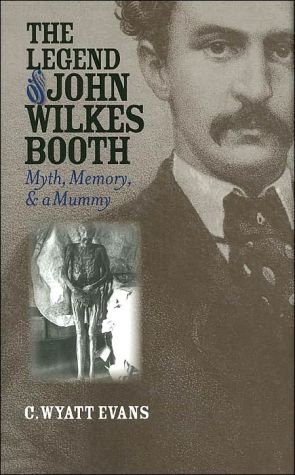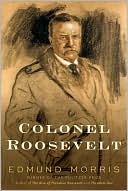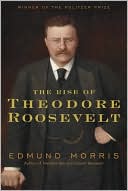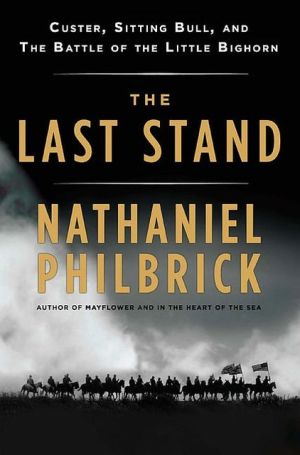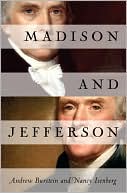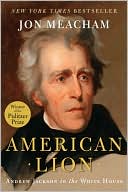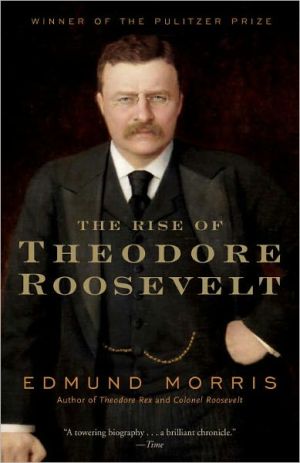The Legend of John Wilkes Booth: Myth, Memory, and a Mummy (Culture America Series)
A deformed thumb, a neck scar from a stage accident, and a broken left leg, the result of a dramatic leap. These were the telltale markings that for decades identified a sideshow attraction as the supposed body of John Wilkes Booth. They persuaded onlookers that Lincoln's assassin was not killed in 1865 but survived the assault on Garrett's barn to live on as a fugitive for thirty years afterwards. As Wyatt Evans shows, some popular stories, no matter how weird and improbable, simply refuse...
Search in google:
"In all the carnival of American culture, surely nothing was more bizarre than the odyssey of the supposed mummy of Lincoln's assassin. Booth is in our memories, and Evans ably demonstrates why we refuse to put him out."—William C. Davis, author of The Cause Lost"In the nether world of conspiracy theories the irrational trumps the rational. This book helps us understand why."—James M. McPherson, author of Battle Cry of Freedom "No reader of this fascinating and fast-paced narrative will be less than mesmerized."—Bertram Wyatt-Brown, author of The Shaping of Southern Culture "A fresh new perspective on both Booth and American culture."—Edward L. Ayers, author of In the Presence of Mine Enemies Author Biography: C. Wyatt Evans is assistant professor of history at Drew University. He has contributed to the Journal of Southern Religion, Dictionary of American History, Encyclopedia of Modern American Conspiracies, and the volume Alcohol and Temperance in Modern History. Library Journal This provocative debut from Evans (history, Drew Univ.) traces the Booth legend from its beginning in the weeks following Lincoln's assassination to the appearance of the "Booth mummy," the remains of an Oklahoma transient embalmed in 1903 that was destined to be showcased in carnival sideshows across the West. Evans sees the belief in Booth's post-assassination escape and the subsequent display of his alleged corpse as political, cultural, and ideological commemorative activities similar to the ceremonies and reunions that characterize collective remembrance. The Booth myth, he posits, abets the cult of the Lost Cause by resuscitating the life of the white South's vindicator, and his fugitive existence into the 20th century represents the continuation of white Southern unreconstructedness. Even today, notes Evans, the Booth legend lives on as an addendum to a much larger conspiracy culture. He concludes: "The legend's greatest lesson to the present is how subgroups in American culture appropriate deeply symbolic events for harmful purposes. It is a progress that is, unfortunately, ongoing; and vigilance is required lest the traumas of America's very recent past come in for similar treatment." Although some readers will argue that Evans has carried his legend theory to extraordinary lengths, as a mind-teaser his study is worth a read. Recommended for Lincoln collections and large libraries.-John Carver Edwards, Univ. of Georgia Libs., Cleveland Copyright 2004 Reed Business Information.
\ Library JournalThis provocative debut from Evans (history, Drew Univ.) traces the Booth legend from its beginning in the weeks following Lincoln's assassination to the appearance of the "Booth mummy," the remains of an Oklahoma transient embalmed in 1903 that was destined to be showcased in carnival sideshows across the West. Evans sees the belief in Booth's post-assassination escape and the subsequent display of his alleged corpse as political, cultural, and ideological commemorative activities similar to the ceremonies and reunions that characterize collective remembrance. The Booth myth, he posits, abets the cult of the Lost Cause by resuscitating the life of the white South's vindicator, and his fugitive existence into the 20th century represents the continuation of white Southern unreconstructedness. Even today, notes Evans, the Booth legend lives on as an addendum to a much larger conspiracy culture. He concludes: "The legend's greatest lesson to the present is how subgroups in American culture appropriate deeply symbolic events for harmful purposes. It is a progress that is, unfortunately, ongoing; and vigilance is required lest the traumas of America's very recent past come in for similar treatment." Although some readers will argue that Evans has carried his legend theory to extraordinary lengths, as a mind-teaser his study is worth a read. Recommended for Lincoln collections and large libraries.-John Carver Edwards, Univ. of Georgia Libs., Cleveland Copyright 2004 Reed Business Information.\ \
